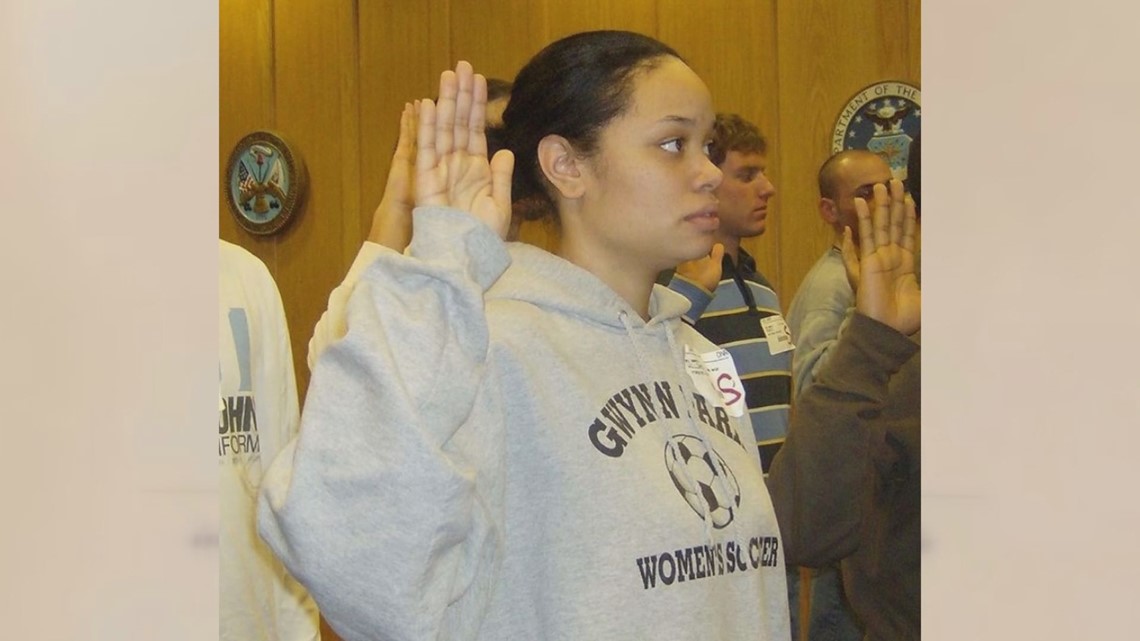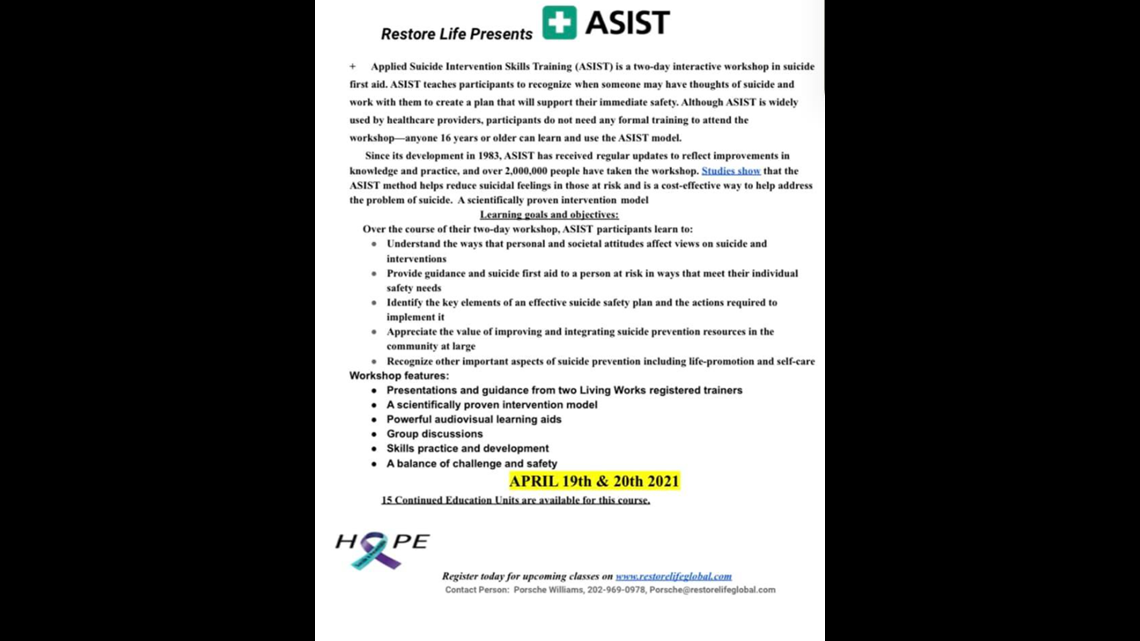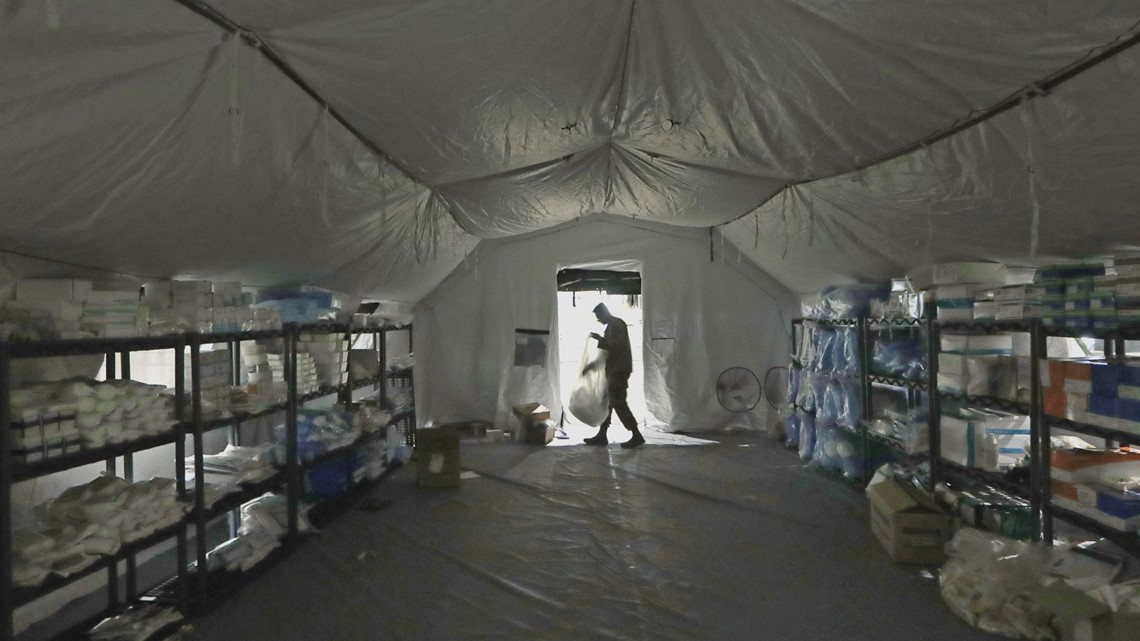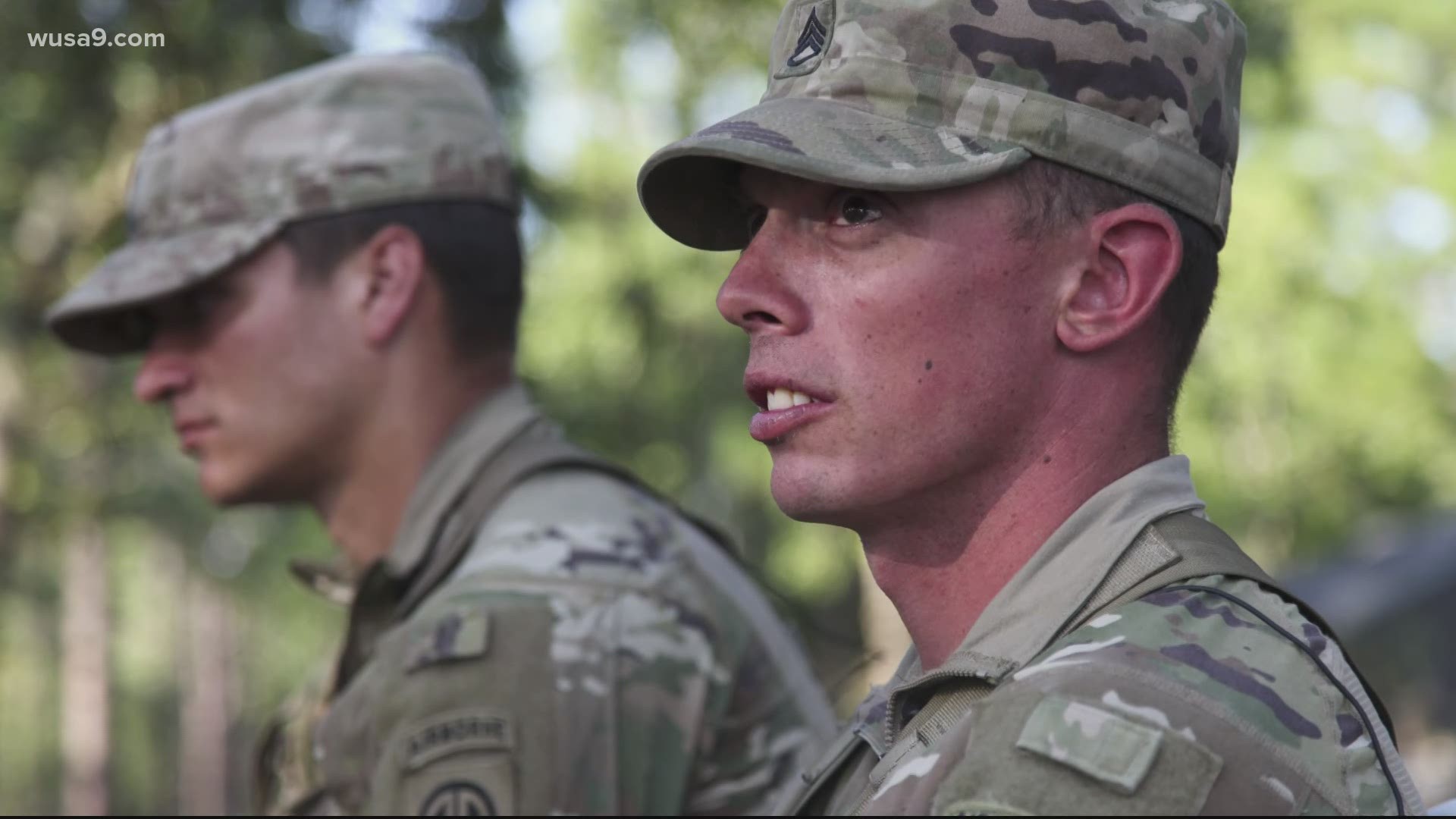WASHINGTON — The topic of mental health and suicide is once again in the spotlight with a report focusing on active duty service members.
The report from the Department of Defense shows our military saw a spike in people taking their own lives. In total, 377 active duty troops took their own life in 2020, across all branches of the military. This is an increase of 8% from the same time in 2019.
"I’m almost afraid to see the numbers because it breaks my heart. It breaks my heart. It is pain that people are living with and they don’t have to carry by themselves," said Porsche Williams, the founder of Restore Life Global.
Williams is a Navy veteran who spent her life educating the community about suicide interventions.
"When we are talking about numbers, the crisis lines have been exacerbated. My phone number for doing suicide interventions for 2020 rings nonstop," said Williams.
"It is a series of losses. Right now, people are losing their jobs. I am witnessing the people around me, including my friends, who are struggling trying to pay their rent because unemployment has been cut off. People are losing houses and getting evicted while not knowing how they’re going to feed their children. There are so many different things and there’s so much loss occurring with almost everybody this year," Williams added.
Williams works with people in our community every day and said it affects every age.
"Your mental health impacts more than just you, it impacts everybody around you. And those are things we have to be aware of. You may not want to get help for you but what about for your daughter or for your son. What about for your mother or your brother who has to deal with the things that you were going through," said Williams.
"An intervention should not be left only to the medical professionals, everyone should be trained in this because you never know. With 33 million people having thoughts of suicide, you never know who it could be," said Williams.


RELATED: ‘We are saving lives’ | Navy veteran continues to serve her community after leaving the military
"One of the first things I think it is important to do is destigmatize suicide because whether you want to acknowledge it or not it’s real and it’s happening," said Williams.
After years of working in this field, Williams shared this advice.
"One thing about suicide is that it does not get rid of your pain, it just passes it to everyone around you," said Williams.
"My biggest message is that it’s okay not to be okay but please reach out. You have so many resources and so many organizations like Restore Life Global that are here," said Williams.
Williams plans to lead several suicide intervention trainings during the next two weeks. The first is on April 19 and April 20. The second will take place on April 22 and April 23 in Annapolis, Md.
To learn how to enroll in suicide intervention training, click here.




If you or a loved one is currently in immediate crisis, please call the suicide prevention lifeline, available 24 hours a day, at 800-273-8255.

